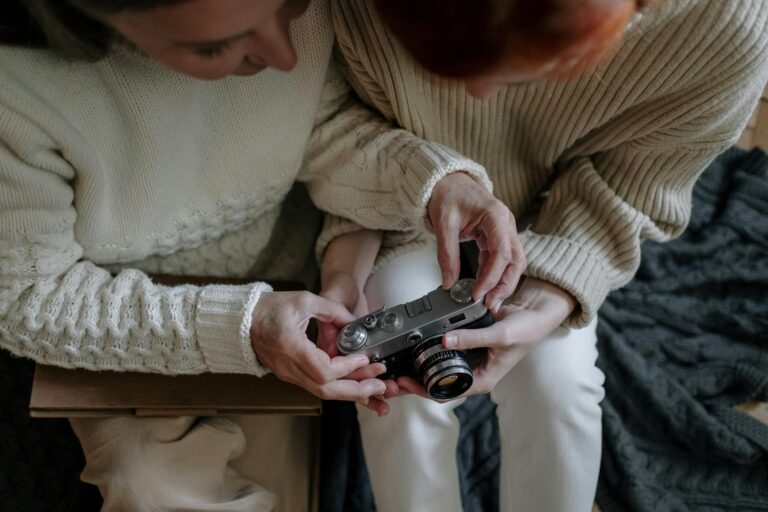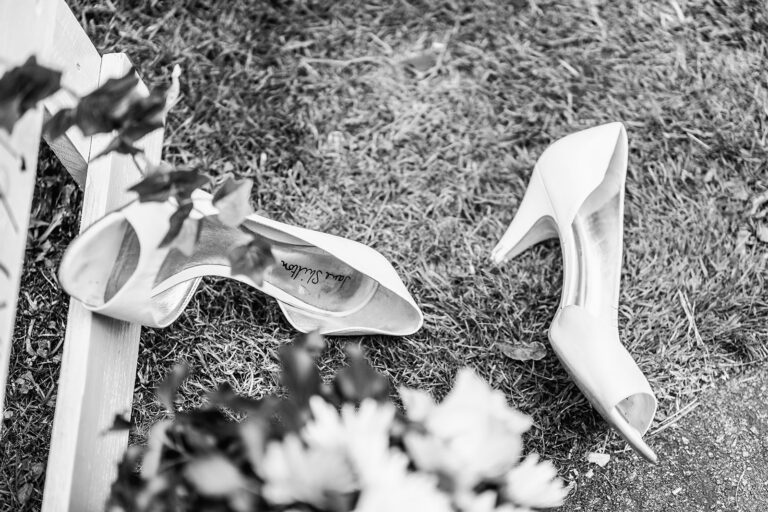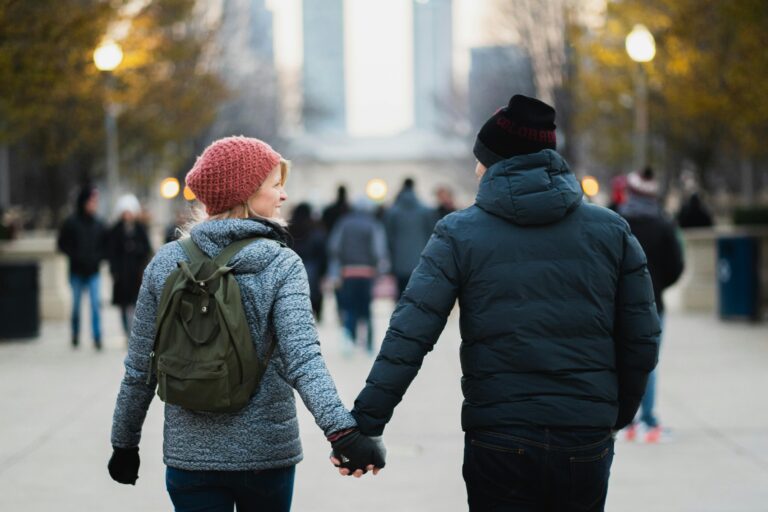Let’s be honest—weddings are magical, but they can also be crazy expensive! If you’ve ever dreamed of a Pinterest-perfect wedding but nearly fainted when you saw the price of a single flower arrangement, you’re not alone. In 2025, the cost of saying “I do” has reached new heights, thanks to inflation, high demand, and the growing trend of personalised, extravagant experiences.
But here’s the thing: your wedding doesn’t have to break the bank to be amazing. Whether you’re planning a lavish fairytale or an intimate backyard bash, understanding where the money goes—and how to save—can help you plan your dream day without the financial stress. So, let’s dive into the nitty-gritty of wedding costs in 2025 and what couples are really spending on!
Average Wedding Costs in 2025
Weddings come in all shapes and sizes, but on average, couples in 2025 are spending between £25,000 and £35,000 on their big day. That’s a serious chunk of change, and for some, that number soars well past £50,000 if they’re going all out with luxury venues, designer attire, and top-tier entertainment.
If the thought of that price tag is making you sweat, don’t worry—you can absolutely plan a beautiful wedding on a much smaller budget. Elopements and micro-weddings are booming in popularity, with some couples keeping their costs under £10,000 while still creating an unforgettable experience.
Here’s a general breakdown of what couples are spending in 2025:
- Venue & Rentals: £7,000–£12,000
- Catering & Drinks: £4,000–£8,000
- Attire (Dress, Suit, Accessories): £1,500–£5,000
- Photography & Videography: £2,500–£6,000
- Flowers & Decor: £2,000–£5,000
- Entertainment (Band, DJ, etc.): £1,500–£4,000
- Invitations & Stationery: £500–£1,500
- Miscellaneous (Favors, Transport, etc.): £1,000–£3,000
Of course, these numbers aren’t set in stone—you can spend more or less depending on your priorities. If food is your thing, you might go all out on a Michelin-starred menu, while another couple might splurge on a dream venue and DIY everything else.
Where Couples Are Spending the Most
The Venue: The Price of the Perfect Backdrop
The venue is often the single biggest expense in any wedding budget. Whether it’s a historic castle, a luxury barn, or a modern rooftop in the city, expect to fork over a good £7,000 to £12,000 just to secure the space. And that’s before you factor in things like tables, chairs, linens, and decor!
Money-Saving Tip: Consider off-peak dates or weekdays—venues often offer discounts for non-Saturday weddings. Also, look at venues that include essentials like tables, chairs, and lighting to cut rental costs.
Catering & Drinks: Feeding the Masses
Food and drink are where things really add up. The average couple spends £50 to £150 per guest on catering, which quickly multiplies if you’re inviting 150+ people. And if you’re offering an open bar? Prepare for your budget to take another hit.
Money-Saving Tip: Plated meals vs. buffets—a plated meal can actually reduce waste and control portion sizes better. Also, consider a signature cocktail instead of an unlimited bar.
Attire: Looking the Part
Wedding attire costs have skyrocketed, with designer dresses alone going for £2,000–£5,000. But many couples are opting for rented, second-hand, or custom-made outfits that fit their budget while still making them look amazing.
Money-Saving Tip: Buy off-the-rack or check out sample sales—designer dresses for a fraction of the cost!
Photography & Videography: Capturing the Memories
This is one area where most couples refuse to skimp—and for good reason. Wedding photos and videos last forever, so it’s worth investing in a great photographer. Expect to spend anywhere from £2,500 to £6,000 for a solid photography/videography package.
Money-Saving Tip: Book early to lock in rates, and consider hiring a talented up-and-coming photographer instead of a high-profile one.
Flowers & Decor: The Aesthetic Factor
Flowers are gorgeous, but they can be ridiculously expensive. Fresh floral arrangements can easily cost £2,000+, especially if you want elaborate centerpieces and bouquets. Many couples are opting for dried flowers, potted plants, or even fabric bouquets to cut costs.
Money-Saving Tip: Go for seasonal, locally sourced flowers and repurpose arrangements from the ceremony to the reception.
How to Manage Your Budget
1. Prioritise What Matters
Decide what’s most important to you. If you care more about a killer band than extravagant decor, shift your budget accordingly.
2. Cut the Guest List
The easiest way to save money? Invite fewer people. Trimming your list from 150 to 75 instantly slashes your catering and venue costs in half.
3. DIY Where Possible
If you’re crafty, DIY decor, invitations, and favors can save you hundreds (or thousands!). Just don’t go overboard—DIYing everything can be stressful.
4. Consider Alternative Venues
Think outside the box—backyards, parks, art galleries, and Airbnb properties can be stunning and way cheaper than traditional venues.
5. Rent Instead of Buy
From decor to attire, renting is often much cheaper than buying. Wedding dress rentals are on the rise, and renting decor like arches, tableware, and lighting can save you serious cash.
Conclusion
Weddings in 2025 may be expensive, but they don’t have to drain your savings. The key is smart planning, prioritising what truly matters, and getting creative with your budget. Whether you’re splurging on the dream venue or keeping things intimate with a budget-friendly micro-wedding, there are endless ways to make your day magical without financial regret.
At the end of the day, the best weddings aren’t about the money spent—it’s about celebrating love, making memories, and having the best day ever. So go forth, plan wisely, and enjoy every moment of your special day!ic, fun, and personal—so don’t be afraid to mix things up and make it your day, your way!
Keywords for SEO:
- Breaking wedding traditions
- Modern wedding trends 2025
- Unique wedding ideas
- Non-traditional wedding ideas
- Alternative wedding traditions
- Wedding personalisation trends
- Inclusive wedding party ideas
- New wedding trends 2025
- Creative wedding ceremony ideas
- Alternative first dance ideas
- Wedding speech alternatives
- Sustainable wedding trends
- Fun wedding reception ideas
- Non-traditional wedding vows
- Wedding cake alternatives
- Unique wedding entrance ideas
- Personalised wedding experiences
- Wedding planning tips 2025
- Trending wedding themes
- How to plan a unique wedding





